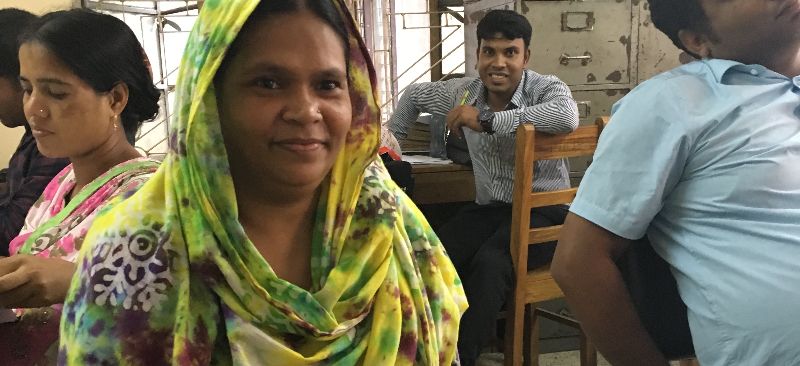Commissioned by IFC, MicroSave conducted the “South Asia Deposit Assessment” studies to increase understanding of the demand and supply of savings products among poor in Nepal. The reports highlight regulatory and operational challenges for financial institutions and mobile banking platforms that want to serve the low-income market.
Blog
Deposit Assessment in Bangladesh
This report attempts to understand the demand and supply of savings products among poor in Bangladesh, and highlights regulatory and operational challenges for FIs and mobile banking platforms in the country.
The Answer is “Yes”- Cost and Willingness to Pay in India
MicroSave is undertaking a series of research studies to support the financial inclusion agenda in India. This multi-region study focuses specifically on the services business correspondents provide in rural areas – and whether or not this particular customer segment thinks the greater convenience and other potential benefits are worth paying for.
Deposit Assessment in Sri Lanka
Commissioned by IFC, MicroSave conducted the “South Asia Deposit Assessment” studies among poor in Sri Lanka. The study provides direction and enables financial institutions to offer tailored products for low income people.
The Future of Financial Services for the Poor
The presentation outlines the factors that influence the financial behaviour of the poor across different regions. The presentation also discusses third generation MFIs and usage of No-frills accounts. The topic of e/m-banking is also covered at the end.
MicroSave’s approach to social performance management
Through this presentation, MicroSave outlines the adoption of social performance reporting standards in the microfinance sector & integrating these reporting metrics in the decision making and management of microfinance institutions (MFIs). The unique approach of MicroSave has been widely successful in Asirvad, India; Nirantara, India; TSPI, the Philippines and Arohan, India. MicroSave through it’s various research tools assess the current social performance reporting levels of selected MFIs with an aim to increase adoption of industry standards & tools and train the MFIs to use these tools to sustainably monitor and enhance their effectiveness.





